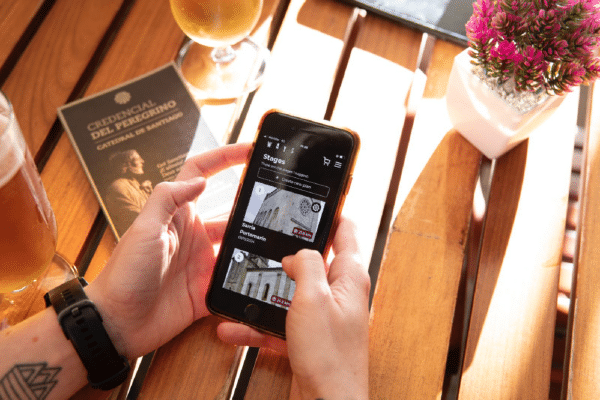Many people know to treat their virtual assistants politely by saying "please" and "thank you" to Alexa. The same thing happens when you use ChatGPT or Copilot. Some people are just as polite when interacting with an AI as they would be with a human, whether out of sheer formality or in anticipation of what might happen.
Is this just an anthropomorphization of machines? Does it even make sense to be friendly towards artificial intelligence? Does this attitude affect their behavior or the accuracy and appropriateness of their results?
Experts at the Universidad Europea think so. They believe that a friendly and benevolent approach to AI can help to increase its efficiency and productivity.
"Showing AI employees appreciation for their work in a constructive or guiding way can motivate them to improve their performance and contribute even more to the success of the company," says Ximo Lizana, Professor of Neuroscience at Universidad Europea.
Artificial intelligence is able to learn from and adapt to the needs and preferences of each person. It understands habits in order to give personalized answers and recommendations. Although it cannot experience human emotions, it is designed to learn from our interactions.
Therefore, the expert says that the way we 'talk' to an AI could directly influence its behavior and performance in carrying out the tasks we want it to do.
The professor believes that when we express gratitude or appreciation for its contribution, we reinforce the desired behavior, familiarize it with it and teach it what we want it to do.
"It's important to use responses and expressions that promote a positive and productive relationship. Let us say you are working with a virtual assistant on your phone. Rather than simply saying 'Do that', it would be more effective to politely ask and thank them for their help. If we take a friendly and polite approach in our interactions with AI, we can create a more collaborative and efficient working environment," says Lizana.
"By building positive interactions with AI, we foster a more pleasant work environment that contributes to greater efficiency, productivity and satisfaction in our work activities," he adds.
KI, the 'office' companion
The researcher suggests that we view AIs as employees with unique skills.
"We can rely on it for certain tasks, but we also need to understand that there are things it can not do as well as humans. For example, an AI is bad at asking questions or making creative suggestions that are innovative and not based on a previously documented style," he argues.
If you are considering AI as a professional companion, you should therefore do everything you can to create a 'good working environment'.
"We should motivate AI to improve its performance in order to provide a better user experience. All this contributes to greater efficiency, productivity and satisfaction in our work," says the expert from Universidad Europea.
"It's like expressing our gratitude to a colleague, which motivates them to keep trying and contribute more to the team," he adds.
The professor also claims that positive AI interactions can improve the user experience (UX). For example, when we interact with a virtual assistant in a friendly and respectful way, we feel more satisfied and loyal to the brand or service it provides, which adds an experiential perspective to the environment. It is as if we are receiving excellent customer service from a company. We feel valued and gain the confidence to continue using the company's products or services," he argues.
Recently, there has been a lot of discussion about so-called 'emotion prompts', i.e. commands to generative AI that are enriched with emotional or emotive content. There is a theory that the introduction of such commands can lead to better responses.
Pure politeness
Jim the AI Whisperer, a writer and AI programmer, noted in a post on Medium last year that more cooperative responses are achieved when requests to ChatGPT and similar tools contain polite language such as "please" and "thank you"
"You are showing the AI how to behave towards you through your instructions and your choice of words. When you use etiquette, you set the tone. That's why 'please and thank you' might not be so stupid," he emphasizes.
"They are designed to understand and respond to different linguistic signals, including politeness, so etiquette can help create a more positive and cooperative tone in conversation," concludes the expert.






